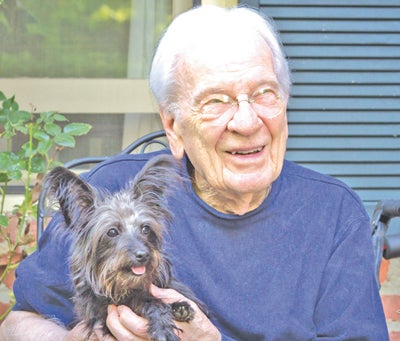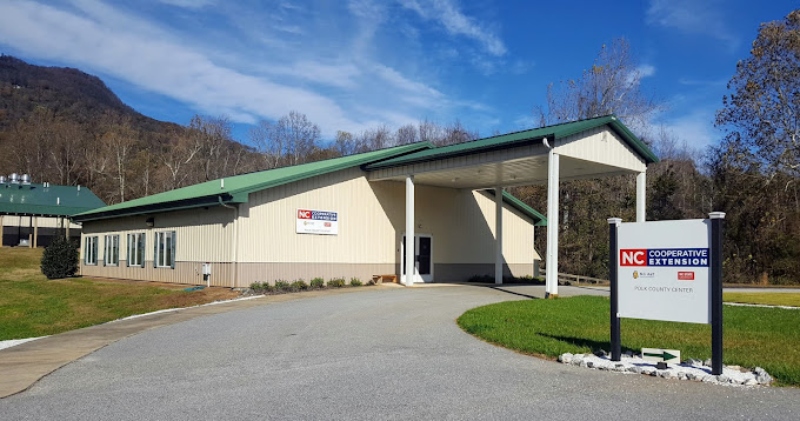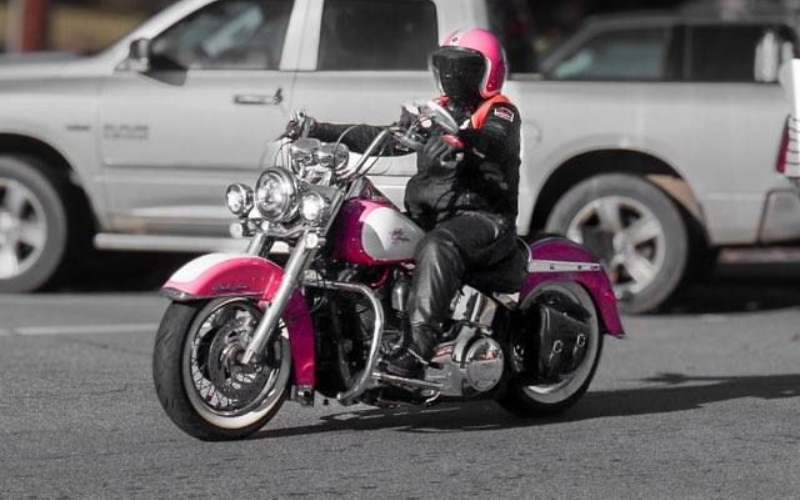Dr. Joseph Emery marks 70th ordination anniversary
Published 7:12 pm Friday, December 13, 2013
In December 1943 – 70 years ago – national and international newspaper headlines reported bombing raids in major cities, sabotage of troops, declarations of war and occupations by invading armies. Yet on Sunday, Dec. 19, 1943, tucked away in Temple, Texas, a very different headline graced the First Baptist Church newsletter: “Joe Emery to be Ordained Sunday Night.”
From his earliest memory, Emery recalls wanting to become a medical doctor, but when he announced to his mother one day as she was frying up supper at the stove, “Mother, I’ve decided I’m not going to become a doctor.”
She was not surprised.
Trending
“Son, what have you decided to do? Become a preacher?”
Church was almost a daily part of his family’s life. Emery likes to say that it wasn’t a question of whether or not they would go to church on any given day, but what time they would go. He was also greatly influenced by his maternal grandmother who lived with them. She had been dean of women in two women’s colleges and wrote Sunday school literature for the Southern Baptist Convention.
“She instilled in my three brothers and me the principles of rightness… Whenever she needed anything she called for me, so we were very close,” Emery said.
The article following the headline announcing his ordination acknowledged that, “It is always an honor to us when one of our young men surrenders to the work of the gospel ministry. Out of many who have gone from our church into the ministry, none have been more earnest and shown more promise than does Joe Emery.”
The article urged the congregation to attend in order to, “encourage this fine young man who has been called of the Lord to this work.”
To do the Lord’s work is exactly what Emery commenced. That ordination began Emery’s 70 years of dedicated service to others. At the time of his ordination, Emery was 18 years old, but he remembers of his childhood that, “The whole atmosphere in my growing up was centered around doing things that don’t perish with the using.”
Dr. Emery preached his first sermon at 17. His lesson was the Parable of the Prodigal Son.
Trending
“I suppose the dominant theme is that no matter how far away life takes us from the principles that we believe in or that we should live by, it’s always possible to come back and be forgiven. That’s one of the greatest themes of the whole scripture,” Emery said. “No matter how far we go in a foreign country, as the prodigal did, the father is always ready to receive us home. We never stray so far that his love can’t reach us.”
He still has the notes from that sermon. In fact, he has a book in which he has recorded his sermons and his earnings, $30 a month from his first church while he was in seminary, along with almost every wedding and funeral he performed. His ministry from the pulpit began early. He pastored while he was in undergraduate school at Baylor and while he was in seminary at Fort Worth; after serving four churches in Texas, he was called to the significant First Baptist Church in Saint Albans, W.V., to be senior minister; he later became pastor at the historic Rutledge Avenue Baptist Church in Charleston, S.C.
Even when he was not in the pulpit, Emery was serving others. In Saint Albans, he frequently counseled those in need, members of his church or not. In Charleston, he was chaplain of the fire department, pastor advisor to the Baptist College and board member of Charleston Symphony.
With a partner, he founded Mount Pleasant Memorial Gardens, a perpetual care cemetery. Through his involvement in state and regional boards and associations, he was elected Cemetarian of the Year for South Carolina in 1970. In addition to serving as pastor in Charleston, Emery was board chairman for Carolina Youth Services, a successor to the Charleston Orphan Home, the oldest child-caring institution in the United States.
During his years in Charleston, Emery served as president of the Rotary Club where he was elected a Paul Harris Fellow. He attended two Rotary International Conventions, one in Rome and one in Chicago. His fundraising addresses to Rotary Clubs in both North and South Carolina resulted in funds sufficient to inoculate more than 250,000 children worldwide in Rotary’s efforts to eradicate Polio.
As frequently happens with those committed to a life of service, retirement is not part of the plan. In 1984, having retired from the pulpit, Emery, along with Steve McKinsey, moved to Lake Lure where they owned and managed a B & B and an antiques shop. By 1990 they had found their way to Tryon, but Emery’s life of service was not over. He was volunteer chaplain for St. Luke’s Hospital for 12 years and a board member for six years, two and 1/2 of which he served as chairman. He was volunteer chaplain and board member for Hospice for six years. He was elected to the Second Wind Hall of Fame in 1995 and twice served as its president. In 1996 he was named by Governor Jim Hunt as one of North Carolina’s Volunteers of the Year.
During his most profound struggles – an inability to have children, subsequent adoption, and a divorce that temporarily derailed a successful life in the pulpit –Emery fought embitterment, never losing his reliance on the word of God.
“We aren’t exceptional; we are just creatures of God’s creation and we are what we are by virtue of what He’s given us and what we do with it,” Emery says. “It’s a matter of seeing the whole picture and not just a part of it. When these crises come, they don’t last forever. The scars might, but that just means we’ve been in battle.”
Through the years his guiding principle has always been Romans 8:28: “All things work together for good for those who love God.” (NRSV)
As Emery prepares to acknowledge the 70th anniversary of his ordination on Dec. 19, 2013, he looks back with a sense of peace and satisfaction.
“You can’t buy that; it comes from investing your life in other people. That’s to me the greatest privilege that I’ve enjoyed, trying to make a personal investment in the lives of people for over 70 years,” Emery said. “To have to stop is the hardest thing I’ve had to do.”
In a way, young Joe Emery’s earliest dream to become a doctor did come true. Rather than a life spent helping to heal the body, he has enjoyed a rich and rewarding life helping others to heal their souls.
– article submitted
by Gloria Underwood






